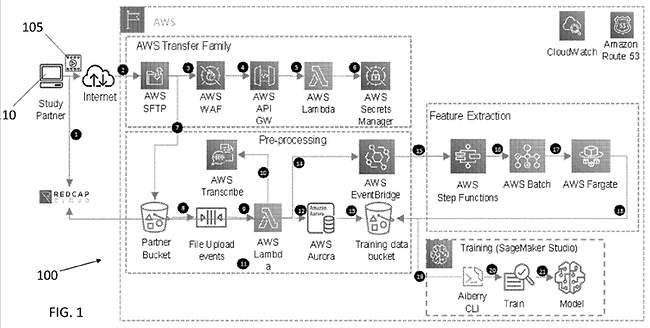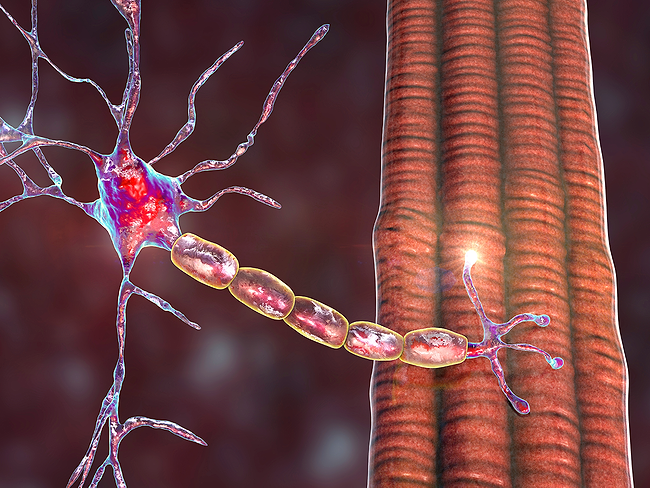
Neurology/psychiatric
Neurology/Psychiatric
HDAC6 inhibitor ACY-738 shows protective effects in axonal degeneration
Read MoreNeurology/Psychiatric
NX-210c, a promising disease-modifying drug for neurodegenerative disorders
Read MoreNeurology/Psychiatric
Selective P2X7 pathway activation enhances skeletal muscle regeneration in ALS mice
Read MoreNeurology/Psychiatric





